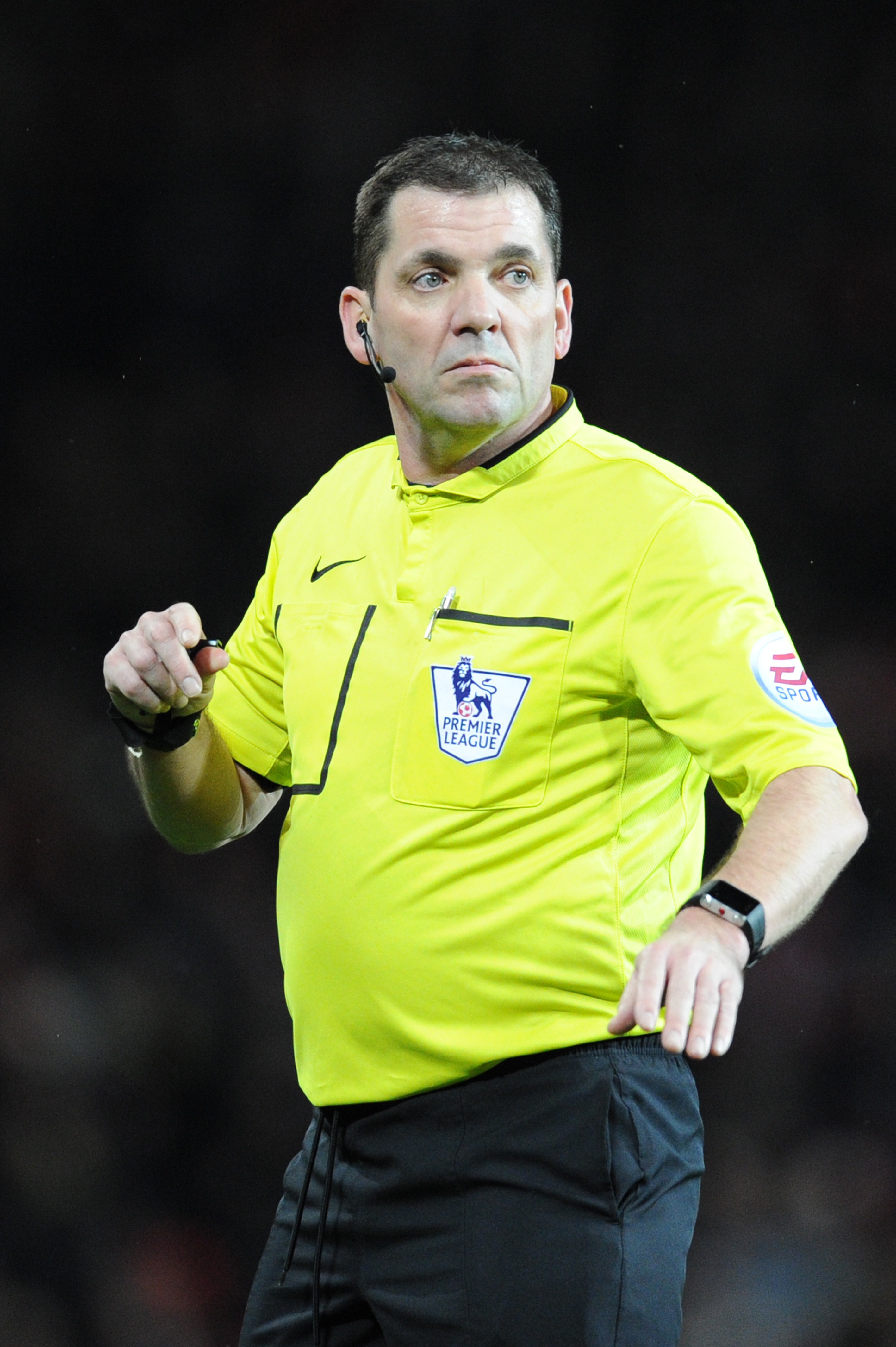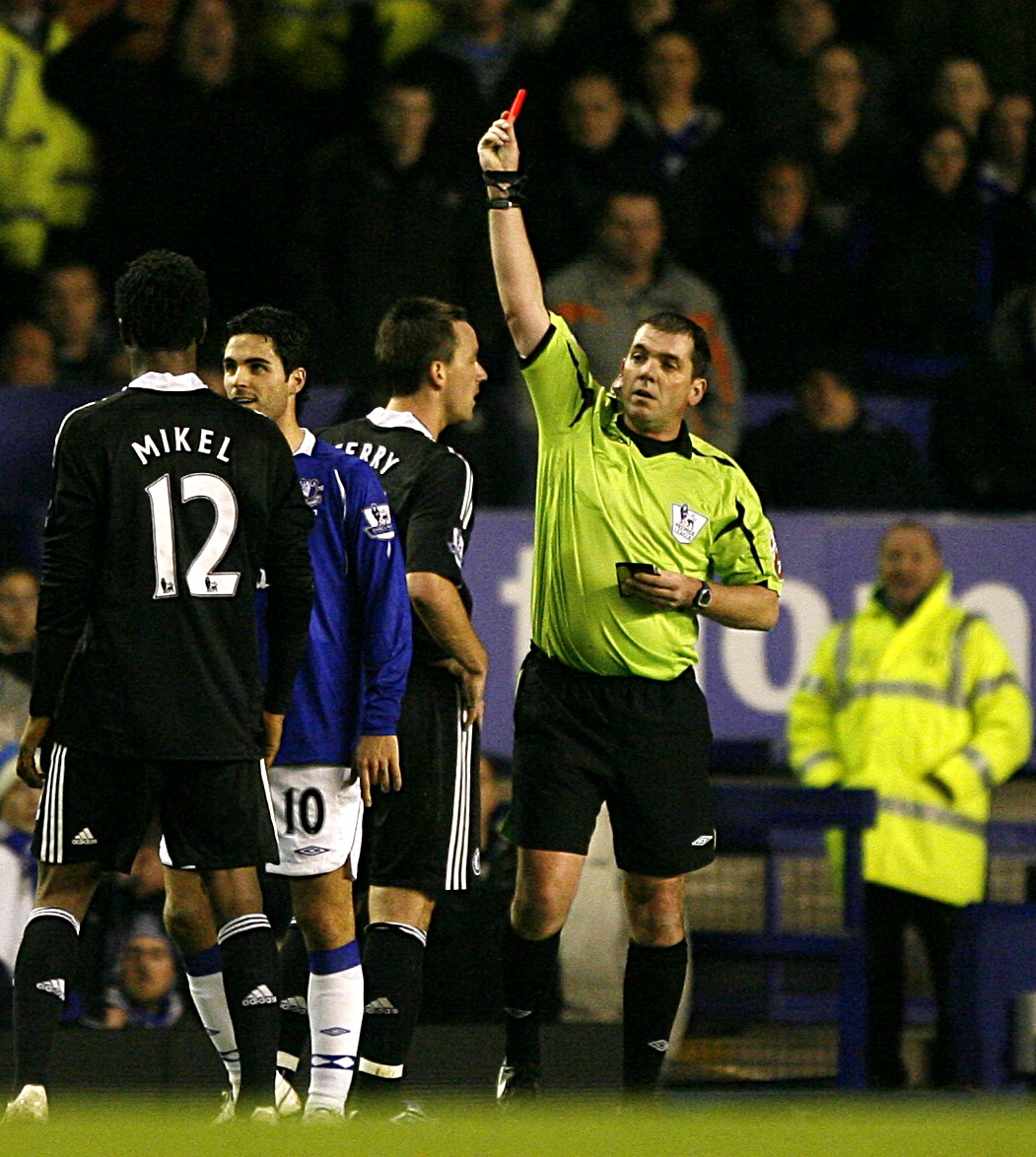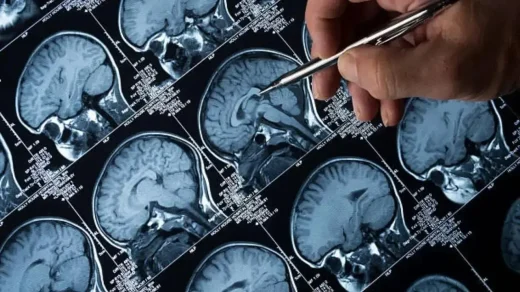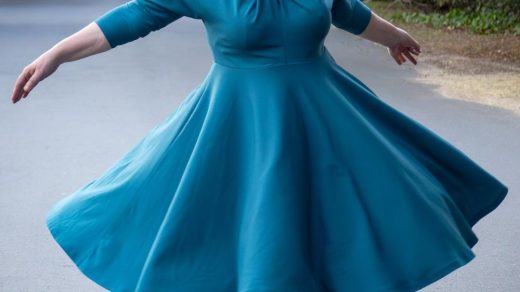FORMER Premier League referee Phil Dowd has opened up about his devastating Parkinson’s diagnosis.
The 61-year-old experienced an incredible career from 1997 to 2016 with 15 years spent officiating in the top flight of English football.
He took charge of key matches such as FA Cup and League Cup finals, coming face-to-face with some of the biggest names in football including the likes of Sir Alex Ferguson, Arsene Wenger and Jose Mourinho.
However, in an interview with the Mirror he revealed that he was diagnosed with Parkinson’s Disease during the Coronavirus pandemic.
Dowd said: “Football gets me up in the morning now. That’s what gets me going and it’s important to have that.
“It started when my wife saw my left arm shaking and I got checked. I got diagnosed during Covid times and the specialist said to me: ‘You’ve got Parkinson’s.’ It hit me hard and I just thought: ’s***’.
Read More on Football
“I didn’t want to admit that I had it in the first two years after I was diagnosed.
“At that stage, you don’t realise all the symptoms because you think you just shake a bit. But there’s so many other symptoms.
“You want to hide it but football has been brilliant to me. Howard Webb has been so supportive as has Wayne Allison at the PGMOL.”
Dowd is now part of the PGMOL development group, coaching six officials including Aji Ajibola, Kirsty Dowle, Tom Parsons, Declan Brown, Abi Byrne and current top-flight referee Sunny Singh Gill.
Most read in Football
He is also keen to promote the work done by Parkinson’s UK, a charity that provides support to those affected by the disease.
The former referee continued: “I want to put something back into society and we’ve got some golf days, there’s a walking football tournament. I want to help highlight it in the next couple of years.
“I also want to show you can lead a good life and it’s not as bad as people think. I’m still doing stuff and I’m still grateful the PGMOL want me to work in my role and that has really helped me.
“It’s important to be positive and stay active. There’s no cure. It affects people differently. I can probably jog better than I can walk.”





